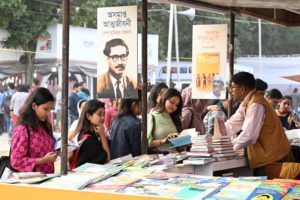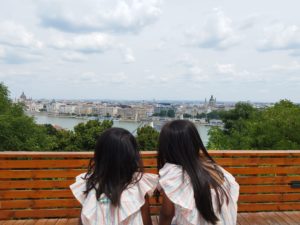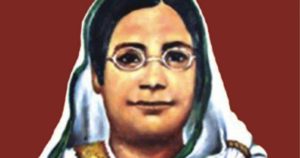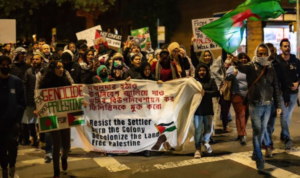Ramadan and Reciprocity
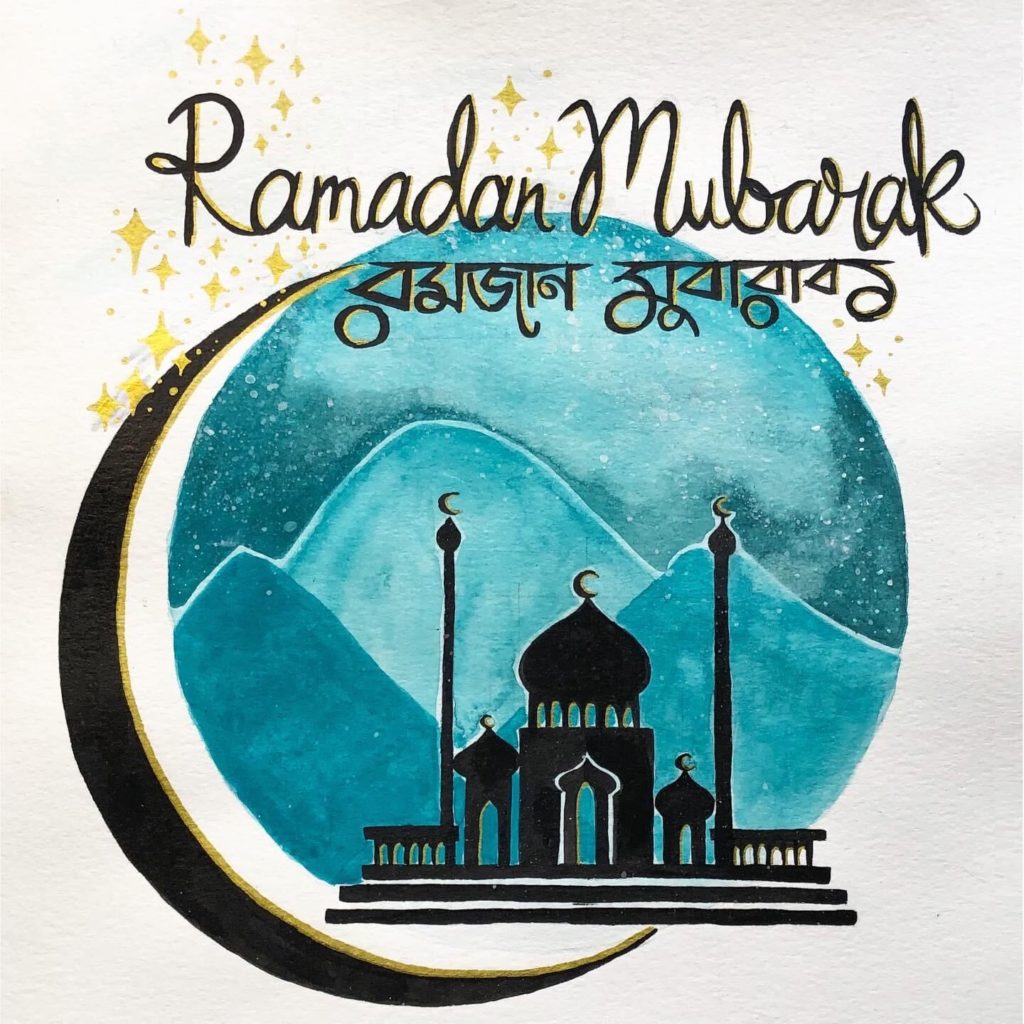
Blog by Kamrul Khan
The hallways always smelled like curry, the doors were always open so you could hear babies crying and people yelling, and most apartments were too small for the number of people living in them. That’s how it was growing up in Brooklyn, in a 5 story building of mostly Bengalis, I often wondered how different it was from growing up in Bangladesh.
As the younger of two siblings at the time, I had to do the things my older brother didn’t want to do, or he felt like it was a right of passage for me to do.
One of those things was delivering Iftar to other families in the building right before Iftar time. My mom didn’t want to give anyone stale iftar food, so I had to deliver iftar to multiple families in less than 20 minutes, up and down the stairs, carrying multiple plates, while fasting and having to head back home to break roja (fast) myself. Years later, this skillset came in very handy when I worked in a restaurant in a busy bus terminal in Manhattan. Every day, different households would take turns making their best dishes and the children (like me) of those families would take turns delivering to the other families that delivered on previous days. None of this was written down, it was as if all the aunties just knew when it was their turn. So, on days where my mom didn’t make iftar, we would not go hungry because there was plenty of food from other households in the building, being dropped off by other families’ youngest children.
Having left that building for years now, it’s one of the things I miss the most.
The fusion of iftar dishes from various parts of Bangladesh in one plate is something I will never find in a restaurant. I remember Beguni (fried eggplant) from a Noakhali aunty that was mouth watering, Aloor Chop (fried potato) with egg filling from a Puran Dhaka (Old Dhaka) aunty that made me want to learn to cook, chola (chick peas) from a syletti family that made me forget I didn’t like chola, and the home made sweets made by a non-muslim calcutta auntie that was the perfect ending to a fulfiling iftar made by community of Bengalis showing their love, appreciattion, and warmth toward each other in the most sincere way they knew how, their food.
This form of communal reciprocity perfectly exemplifies the spirit of Ramadan. Ramadan is a season that brings us together through age-old traditions as we seize the opportunity to show humbleness, devotion and sincerity to God, and our neighbors.
Read More
The Legacy of Boi Mela
Every year in February, the month-long national book fair welcomes...
Read MoreMillennial Amma: How to Explain a Global Crisis As a Parent
Rumki Chowdhury shares tips for how to talk to children...
Read MoreBegum Rokeya’s Millennials
A tribute to a pioneering Bengali feminist writer, educator and...
Read More